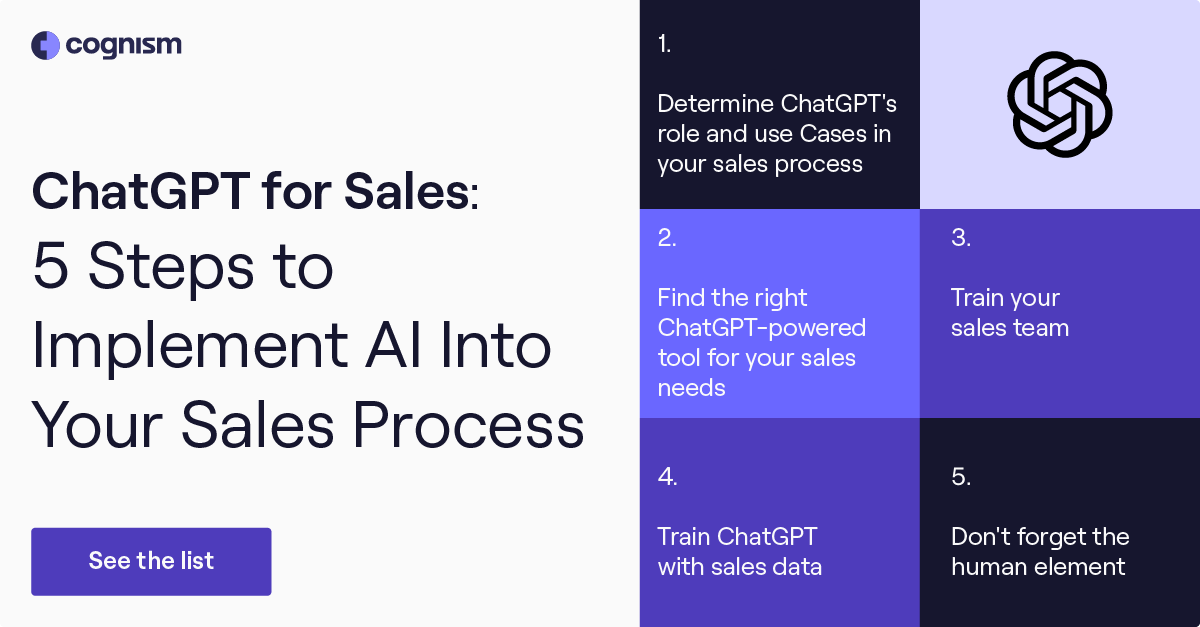The advent of artificial intelligence (AI) has revolutionized various aspects of our lives, from personalized recommendations to automated tasks. However, the rise of AI technologies has also raised concerns about data privacy and the security of personal information. One question that frequently arises is whether AI platforms collect and utilize user data in ways that may compromise privacy.
Understanding the data practices of AI platforms is crucial for informed decision-making. This article delves into the data collection, storage, usage, and sharing practices employed by a prominent AI platform, providing insights into how user data is handled and the measures implemented to safeguard privacy.
Data Collection Practices
Kami, a large language model developed by OpenAI, collects data from user interactions to improve its performance and enhance the user experience. This data is essential for training and refining the model, enabling it to generate more accurate and relevant responses.
Types of Data Collected
The data collected during user interactions with Kami falls into several categories:
- User Input:This includes the text prompts and questions users enter into the system. This data provides insights into the topics users are interested in, the language they use, and the specific information they seek.
- Usage Patterns:This encompasses data about how users interact with the platform, including the frequency of use, the duration of sessions, and the specific features accessed. This data helps understand user preferences and identify areas for improvement.
- Interactions with the System:This includes data about the user’s feedback, such as ratings, likes, and dislikes, as well as the specific responses generated by the model. This data allows for evaluating the model’s performance and identifying areas for improvement.
Purpose of Data Collection
Data collection plays a crucial role in enhancing the user experience and improving the performance of Kami. Here’s how:
- Model Training:The data collected is used to train and refine the language model, enabling it to generate more accurate and relevant responses. This continuous learning process ensures that Kami remains up-to-date and adapts to evolving user needs.
- Personalization:The data collected helps personalize the user experience by providing relevant and tailored responses. For example, based on past interactions, Kami can anticipate user needs and provide more accurate information.
- Performance Monitoring:Data collection allows for monitoring the performance of the system, identifying areas for improvement, and ensuring that Kami remains effective and reliable. This includes analyzing user feedback and identifying any biases or inconsistencies in the model’s responses.
Data Storage and Security

OpenAI is committed to protecting user data and employs robust security measures to safeguard information during storage and transmission. The company utilizes a combination of technical and organizational safeguards to ensure the confidentiality, integrity, and availability of user data.
Data Encryption
OpenAI employs industry-standard encryption methods to protect sensitive user information both at rest and in transit. Data at rest is encrypted using strong cryptographic algorithms, such as AES-256, which ensures that even if unauthorized individuals gain access to the storage infrastructure, they cannot decipher the data.
Similarly, data transmitted between users and OpenAI servers is encrypted using HTTPS protocol, which utilizes TLS/SSL certificates to establish secure connections.
Access Control and Authentication
To prevent unauthorized access to user data, OpenAI implements strict access control measures. Only authorized personnel with specific job responsibilities are granted access to user data, and their access is carefully monitored and logged. Additionally, OpenAI utilizes multi-factor authentication for user accounts, requiring users to provide multiple forms of identification before granting access to their data.
Security Monitoring and Incident Response
OpenAI employs a dedicated security team that actively monitors the system for potential threats and vulnerabilities. This team utilizes advanced security tools and techniques to detect and respond to security incidents promptly. In the event of a security breach, OpenAI has established incident response protocols to mitigate the impact and protect user data.
Data Retention and Deletion
OpenAI retains user data only for as long as necessary to provide the services and fulfill its legal obligations. Users have the right to request access to their data, modify it, or request its deletion. Once the data is no longer required, OpenAI securely deletes it from its systems.
Data Usage and Sharing

Kami, like any AI-powered platform, utilizes user data to improve its functionality and provide a personalized user experience. The platform’s data usage practices are guided by a commitment to transparency and user privacy.
Data Usage for Internal Purposes
Kami uses user data for various internal purposes, including:
- Training and improving the language model: User interactions, including prompts and responses, are used to refine the model’s ability to generate human-like text, understand context, and respond appropriately.
- Developing new features and functionalities: Data analysis helps identify user needs and preferences, guiding the development of new features and enhancements to the platform.
- Monitoring and troubleshooting system performance: Data is used to track system performance, identify potential issues, and ensure a smooth user experience.
Data Sharing with Third Parties
Kami does not share user data with third parties for commercial purposes. However, the platform may share anonymized and aggregated data with research partners or for academic purposes. This data sharing ensures that the platform remains at the forefront of AI research and development.
User Privacy and Transparency
Kami is committed to user privacy and transparency in its data handling practices. The platform’s privacy policy Artikels the types of data collected, how it is used, and the user’s rights regarding their data. Users have the option to delete their data or opt out of data collection for specific purposes.
“Our commitment to user privacy is paramount. We use data responsibly and transparently, ensuring that user information is protected and used only for legitimate purposes.”
Kami Privacy Policy
User Control and Transparency

Kami prioritizes user control and transparency regarding their data. Users have the ability to manage their data, access information about their privacy rights, and understand how their data is used.
Data Access and Modification
Users have the option to access and modify their data, including their interaction history with Kami. This allows users to review their data, make corrections, and ensure accuracy.
Data Deletion
Users can delete their data, including their interaction history, at any time. This ensures that users have control over their personal information and can remove it from the platform.
Transparency and Information
Kami provides clear and concise information about its data practices through its privacy policy and other readily accessible resources. This includes details about the types of data collected, how it is used, and users’ rights regarding their data.
User Empowerment
Kami empowers users to control their personal information by providing them with tools to manage their data and understand their privacy rights. This commitment to user empowerment aligns with best practices in data privacy and ensures that users are informed and in control of their data.
Industry Standards and Compliance

Kami’s data handling practices are aligned with relevant data privacy regulations and industry best practices, ensuring responsible data collection, storage, and usage. The platform’s commitment to data privacy is reflected in its adherence to a range of standards and compliance measures.
Compliance with Data Privacy Regulations
Kami’s data handling practices are designed to comply with major data privacy regulations, including:
- General Data Protection Regulation (GDPR):Kami adheres to the GDPR’s principles of lawfulness, fairness, and transparency in data processing. It ensures that data is collected and processed only for specific, explicit, and legitimate purposes, and that individuals have control over their personal data.
- California Consumer Privacy Act (CCPA):Kami recognizes the CCPA’s requirements for data transparency and consumer rights, providing users with access to their data, the right to deletion, and the ability to opt out of data sharing.
- Other Regional Regulations:Kami continuously monitors and adapts to evolving data privacy regulations in different regions, including Brazil’s LGPD and China’s Cybersecurity Law, ensuring its practices are aligned with global standards.
Industry Best Practices and Certifications
Kami adheres to industry best practices for data security and privacy, as evidenced by its pursuit of relevant certifications:
- ISO 27001:Kami has implemented an Information Security Management System (ISMS) certified to ISO 27001, demonstrating its commitment to data security and confidentiality.
- SOC 2:Kami undergoes regular audits to achieve SOC 2 compliance, demonstrating its ability to meet industry standards for security, availability, processing integrity, confidentiality, and privacy.
- Privacy Shield Framework:Kami has committed to the EU-US and Swiss-US Privacy Shield Frameworks, ensuring that personal data transferred from the European Union and Switzerland is protected according to GDPR principles.
Continuous Adaptation and Improvement
Kami recognizes the dynamic nature of data privacy standards and continuously adapts its practices to stay informed and compliant with evolving regulations and industry best practices. The platform regularly reviews its data handling procedures and implements updates to ensure ongoing compliance and maintain user trust.
Last Recap

In conclusion, while AI platforms offer significant benefits, it is essential to be aware of their data practices. Understanding how user data is collected, stored, and utilized is crucial for making informed decisions about the use of these technologies. By adopting transparent and responsible data handling practices, AI platforms can foster trust and ensure that user privacy remains a priority.
Q&A
Does the platform collect data from users?
Yes, AI platforms typically collect data from users to enhance their services and personalize experiences.
What types of data are collected?
Data collected may include user input, usage patterns, interactions with the platform, and device information.
How is user data used?
User data is used to improve the platform’s capabilities, personalize recommendations, and provide targeted advertising.
Is user data shared with third parties?
The platform’s privacy policy Artikels how user data may be shared with third parties, such as advertisers or service providers.
How can I access or delete my data?
Users typically have options to access, modify, or delete their data through the platform’s settings or privacy controls.
